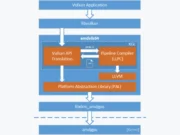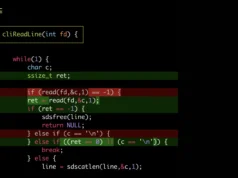usbsas is a free and open source (GPLv3) tool and framework for securely reading untrusted USB mass storage devices.
Description
Following the concept of defense in depth and the principle of least privilege, usbsas’s goal is to reduce the attack surface of the USB stack. To achieve this, most of the USB related tasks (parsing USB packets, SCSI commands, file systems etc.) usually executed in (privileged) kernel space has been moved to user space and separated in different processes (microkernel style), each being executed in its own restricted secure computing mode.
The main purpose of this project is to be deployed as a kiosk / sheep dip station to securely transfer files from an untrusted USB device to a trusted one.
It works on GNU/Linux and is written in Rust.
Features
usbsas can:
- read files from an untrusted USB device (without using kernel modules like
uas,usb_storageand the file system ones). Supported file systems areFAT,exFat,ext4,NTFSandISO9660 - analyze files with a remote antivirus
- copy files on a new file system to a trusted USB device. Supported file systems are
FAT,exFATandNTFS - upload files to a remote server
- make an image of a USB device
- wipe a USB device
Applications
Applications built on top of usbsas:
- Web client / server: This is the main application of usbsas, for deploying a secure USB to USB file transfer kiosk.
- Fuse implementation: mount USB devices (read-only) with usbsas.
- Python: usbsas can also be used with Python, a script that copies everything from a device to another is given as example.



























